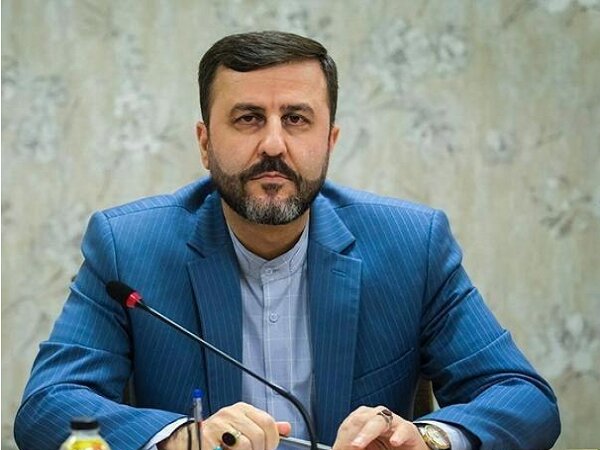Iran says will inject gas into advanced centrifuges if IAEA board endorses E3drafted resolution
Iran says will inject gas into advanced centrifuges if IAEA board endorses E3-drafted resolution
TEHRAN - A top Iranian diplomat warned on Wednesday that Tehran will deliver a “decisive and immediate” response if the International Atomic Energy Agency (IAEA) Board of Governors ratifies a resolution drafted by the European trio (E3) against the Islamic Republic for its nuclear program.

“The Atomic Energy organization [of Iran] is prepared to implement whatever decision that could be adopted at the same hour of the resolution’s ratification,” stated Kazem Gharibabadi, the deputy foreign minister for legal and international affairs.
He said Iran’s reaction would affect the technical areas of its nuclear energy program and involve feeding gas to the country’s advanced centrifuges.
“Such a measure by Iran is, in fact, a response to the unconstructive approach adopted by these few countries and their refusal to pay attention to Iran’s good will,” Gharibabadi said, Press TV reported.
“The Islamic Republic believes that Western countries should not use international organizations, including the Agency, as political instruments,” Gharibabadi stated.
The three European countries of Britain, France and Germany, known as E3 has drafted an-anti-Iran resolution which is going to be put to vote on Thursday.
IAEA Director General Rafael Grossi on Wednesday welcomed Iran's "concrete step" on agreeing to cap its stockpile of highly enriched uranium after Tehran implemented preparatory steps to stop adding to its inventory.
"I think this is ... a concrete step in the right direction -- we have a fact which has been verified by us," Grossi told reporters in Vienna.
"I attach importance to the fact that for the first time... since the distancing of Iran from its past obligations, they are taking a different direction," AFP quoted him as saying.
But he said he could "not exclude" that Iran's commitment might falter "as a result of further developments".
Earlier Wednesday, Grossi said "a lot" of work still needed to be done, while urging countries to "avoid unnecessary escalations, in particular, in a region that has suffered too much".
Last week, Grossi traveled to Tehran for talks with President Masoud Pezeshkian and other top officials.
During the meeting, Iran agreed to freeze its sensitive stock of uranium enriched up to 60 percent.
source: tehrantimes.com